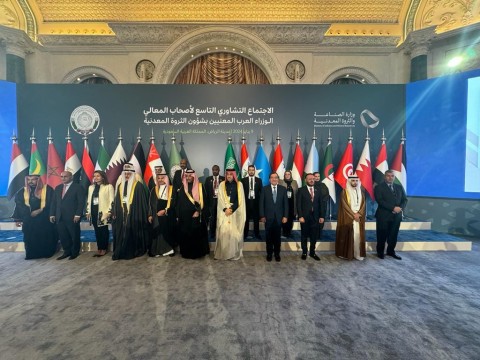A Standard & Poor’s Rating Services report cited by Gulf News warned that low oil prices will adversely affect the banking sector in the Gulf Arab states.
Bank profits are likely to suffer, the report said, while net income and deposits in Gulf-based Islamic banks are expected to slow down too with deteriorating asset quality.
Alp Eke, senior economist at the National Bank of Abu Dhabi, also told Gulf News that ” Government and public sector deposits are declining. Certificates of deposits issued by [the Central Bank] to absorb excess liquidity in the sector have been declining as well. All these signal a tightening liquidity condition”.
In a related development, Khalid Alsweilem, former chief investment officer at the Saudi Arabian Monetary Agency (SAMA), told Reuters that he believed the kingdom may soon change the way it manages its oil wealth as part of efforts to protect its financial reserves in an era of cheap crude.
As it stands SAMA is in charge of managing the country’s petrodollar revenue, which is dangerous because it allows the finance ministry to draw freely on the reserves when it wants to cover budget deficits caused by periods of low oil prices, he explained.
A better approach is to avoid such a conflict of interest schema and set up two sovereign wealth funds – a Stabilisation Fund and a Savings Fund – that the finance ministry can’t access directly, along with legislation to disconnect spending levels with oil revenues.
Alsweilem had published these proposals previously in his paper “A Stable and Efficient Fiscal Framework for Saudi Arabia”.












